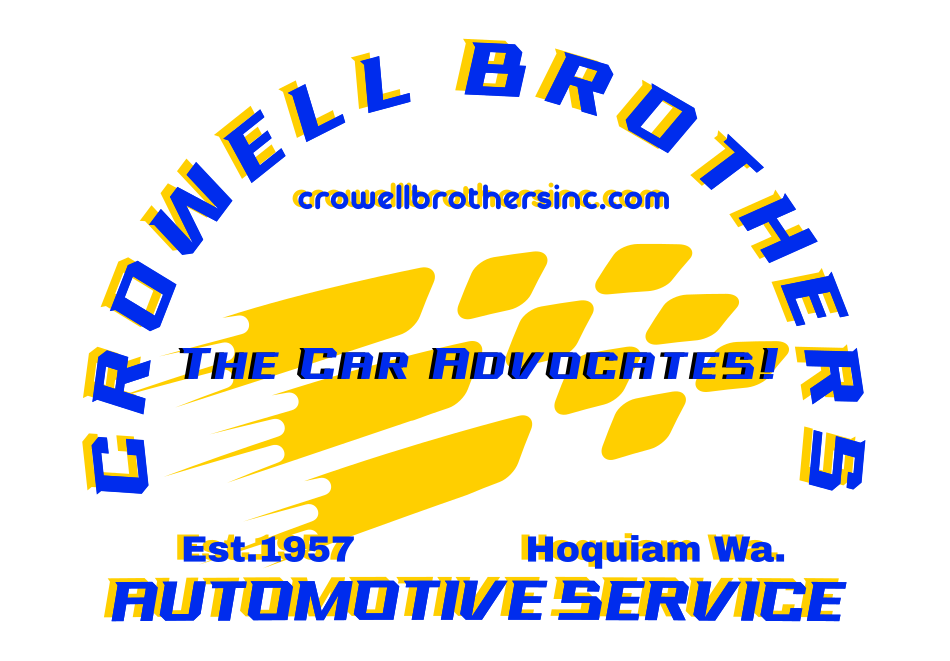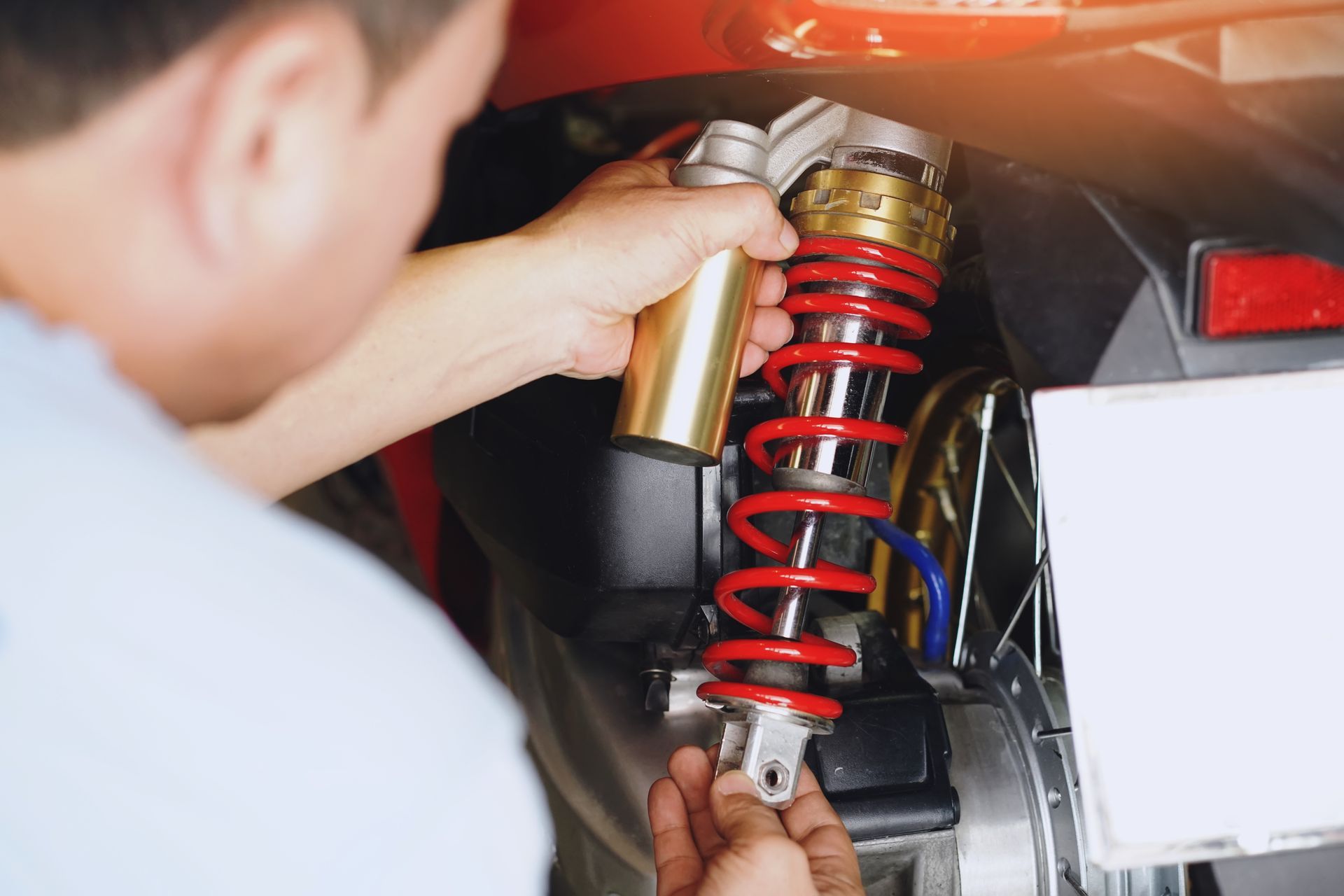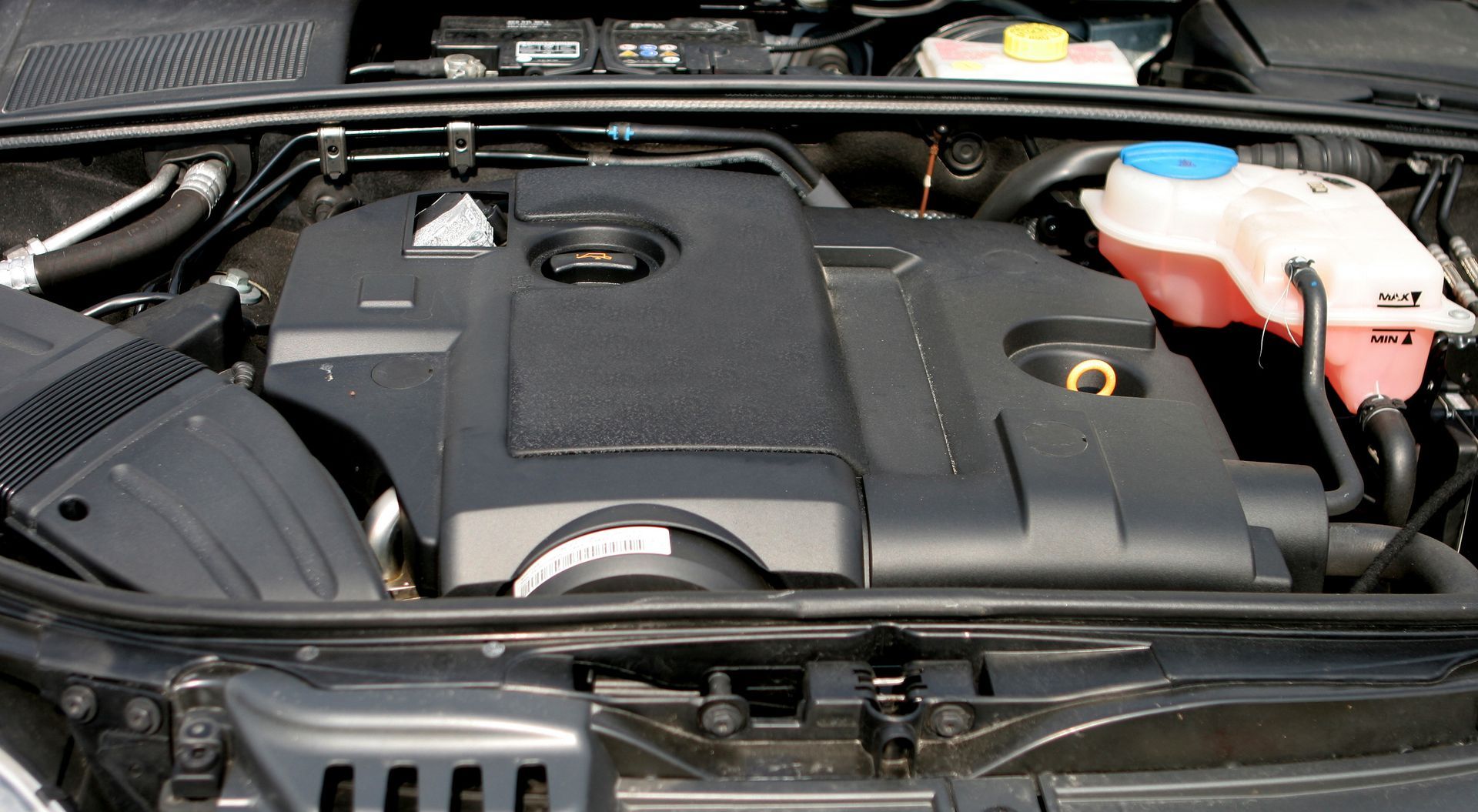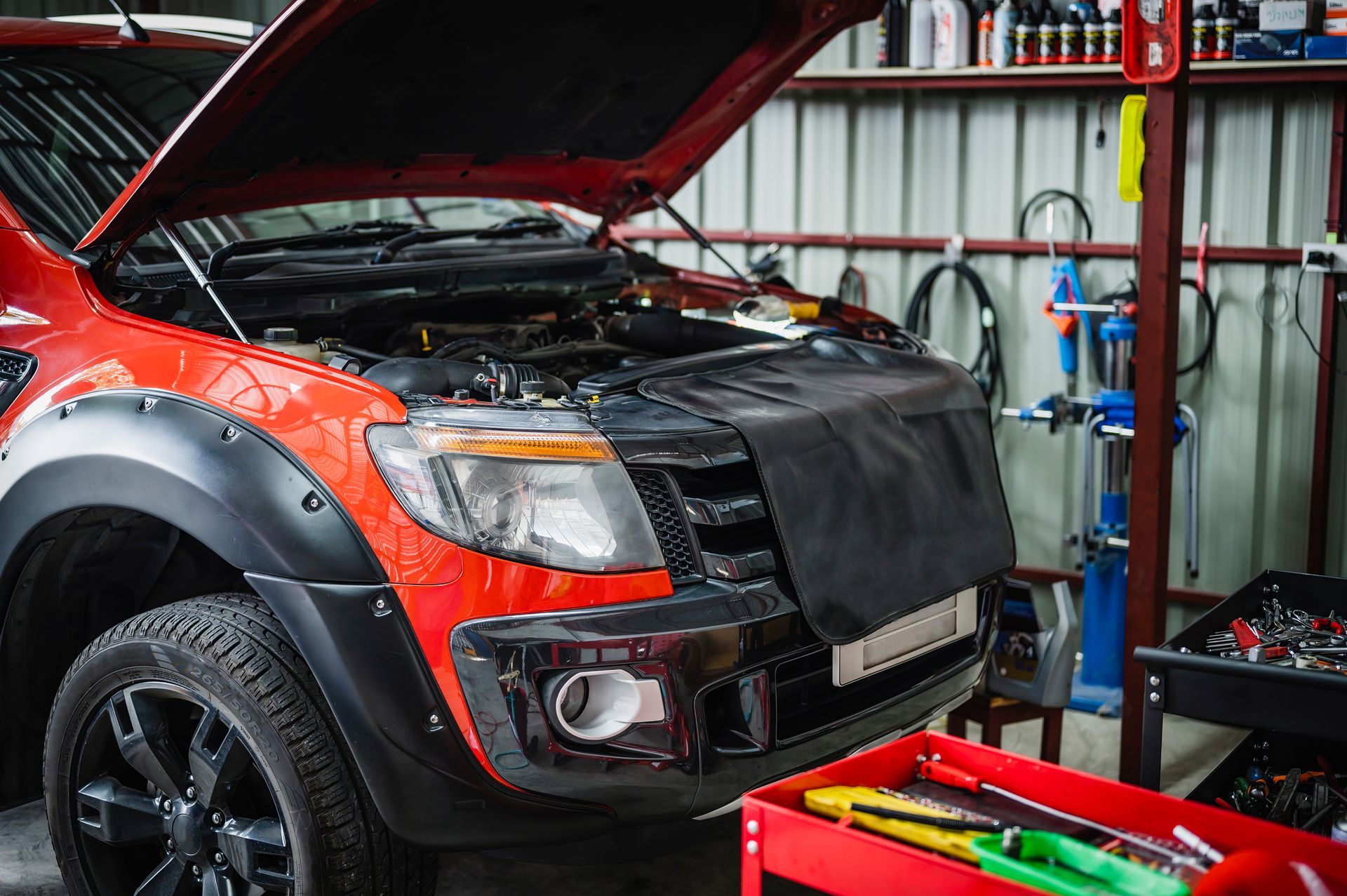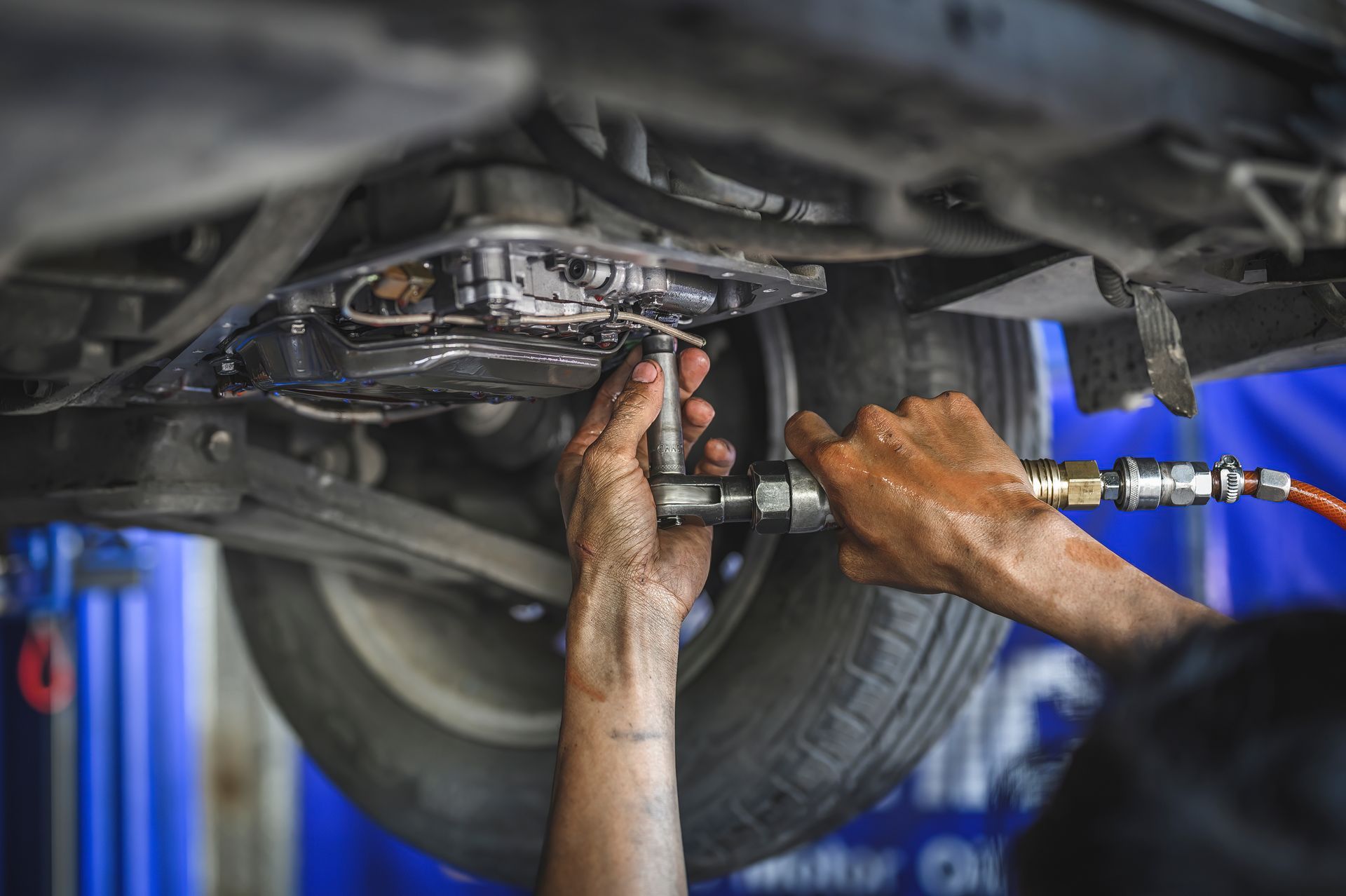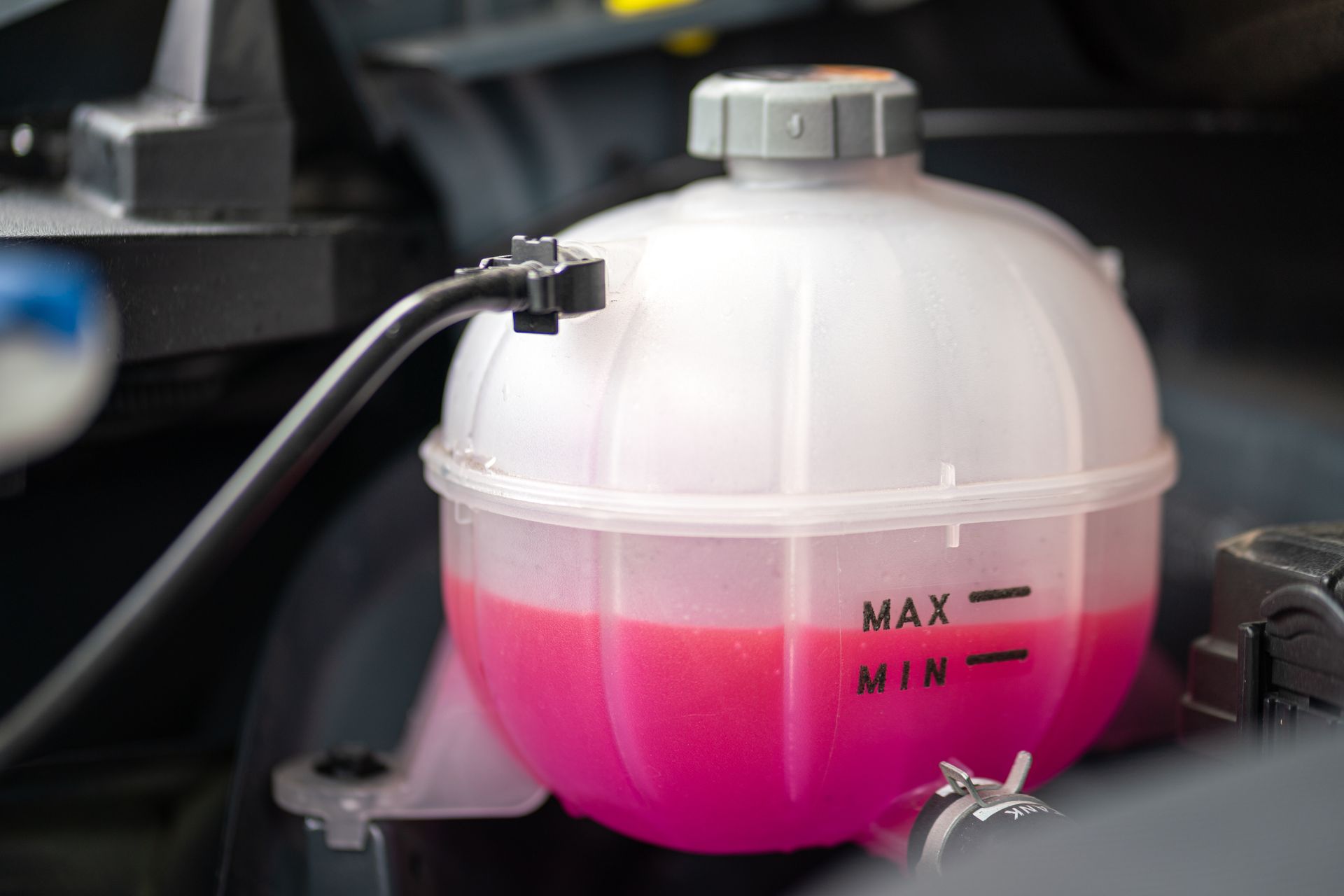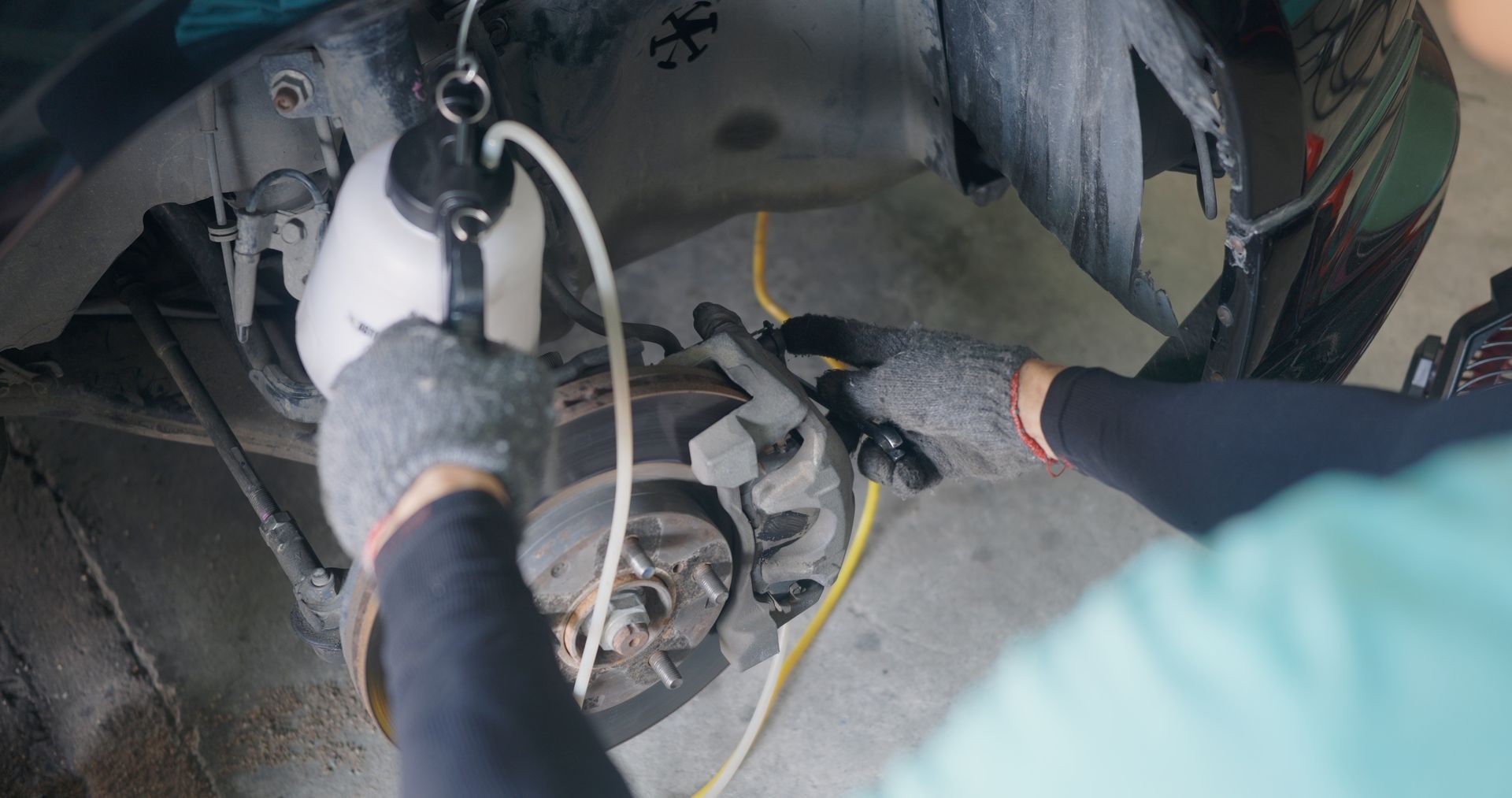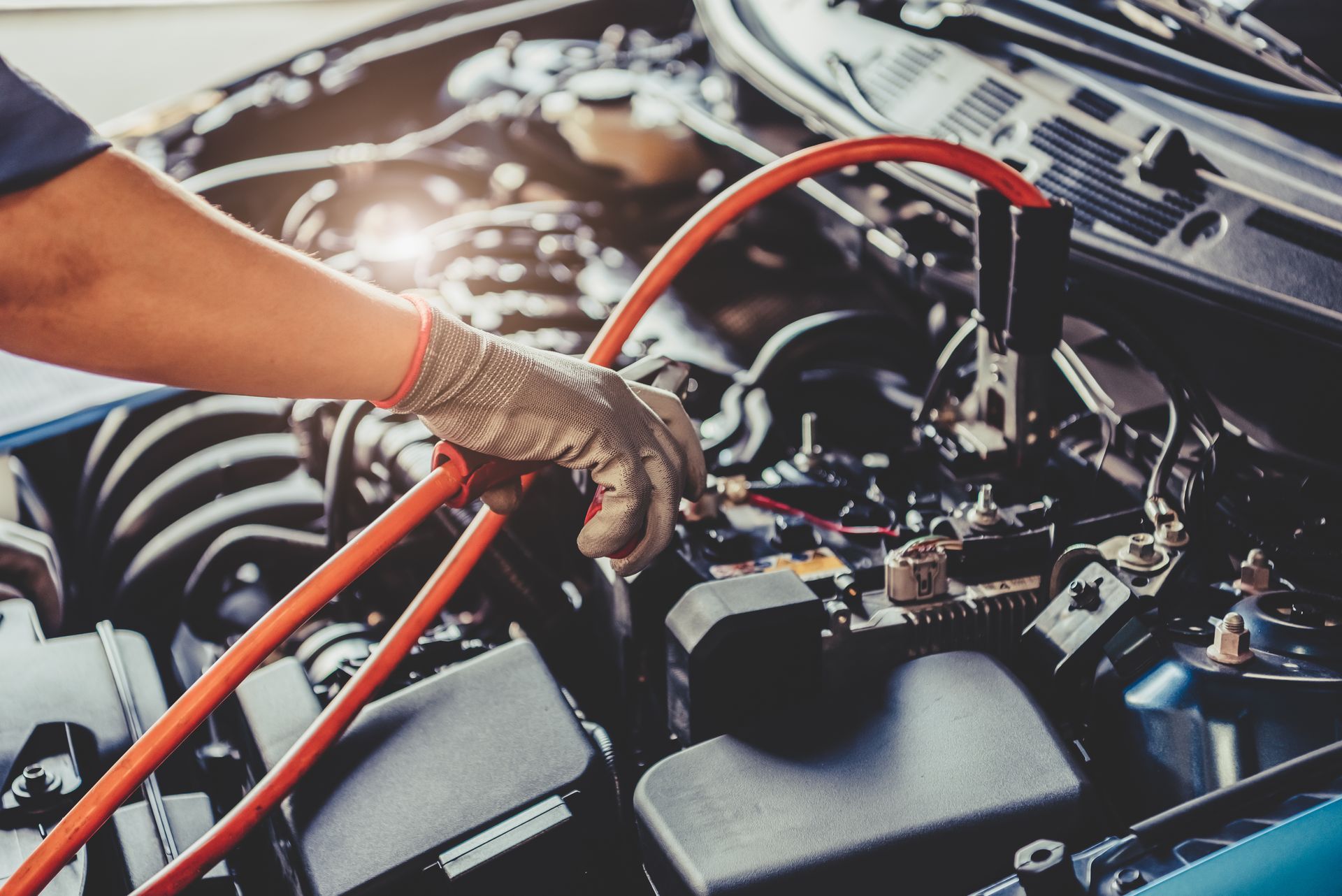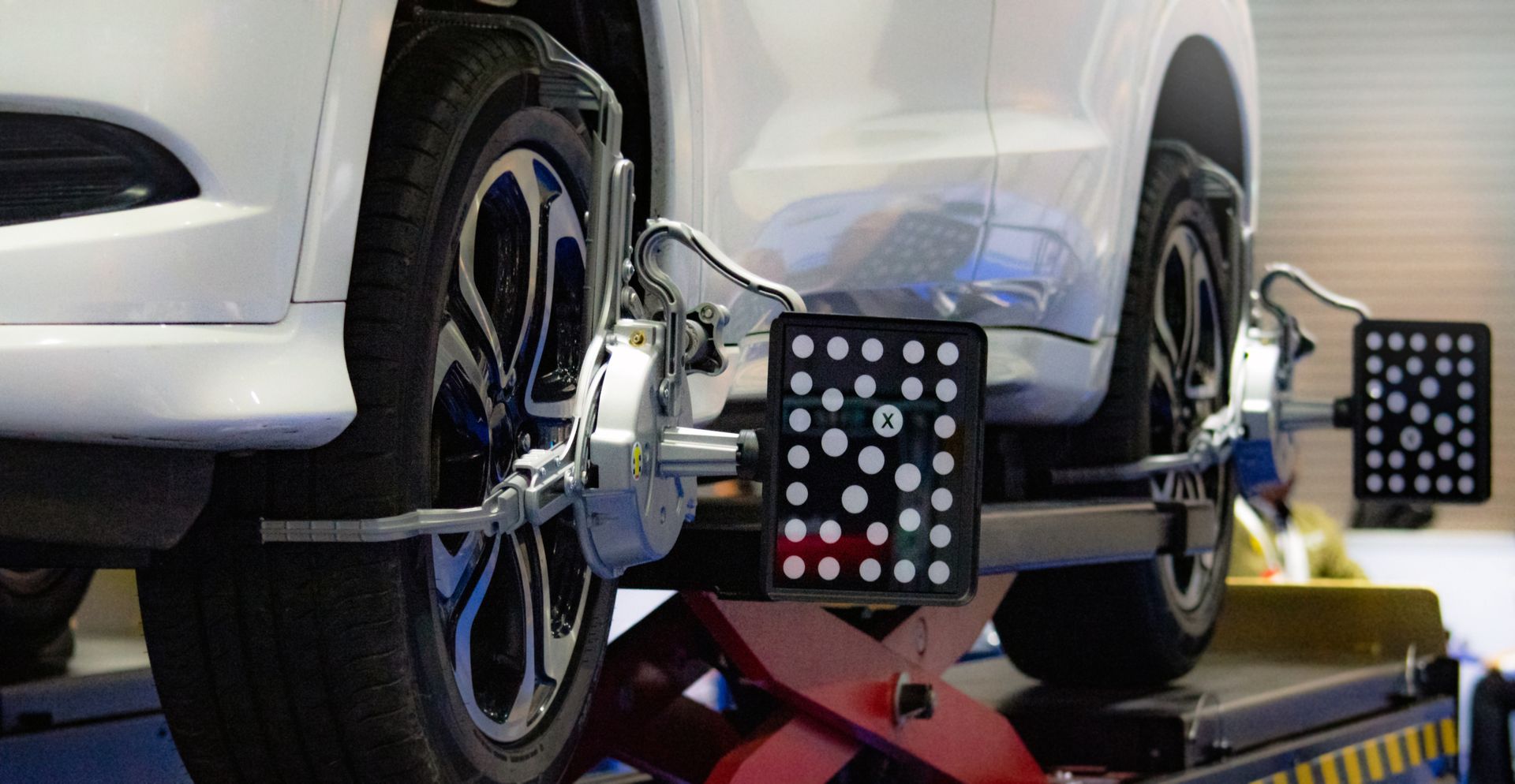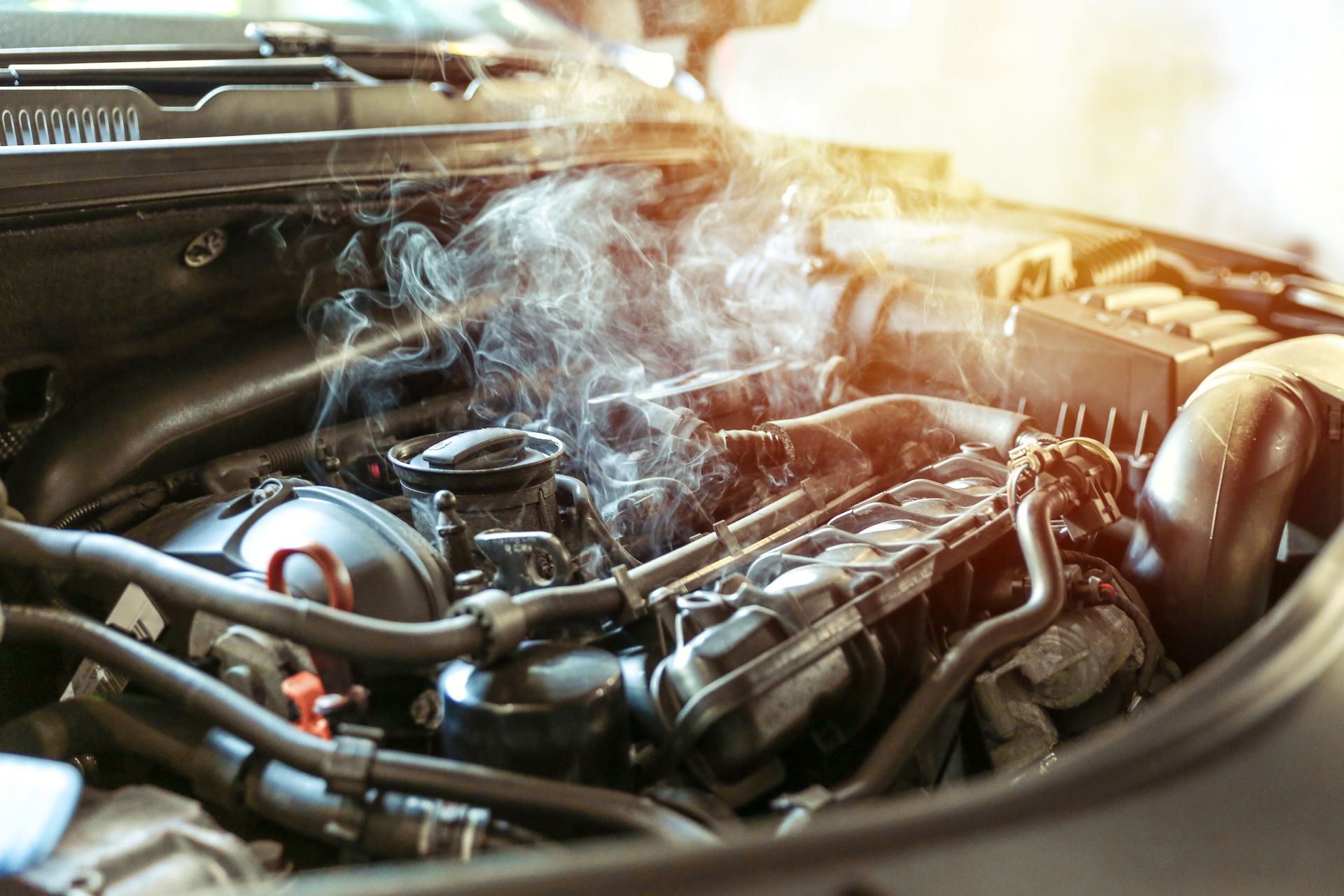Loading ...
Missing business hours data / Error occurred while getting the data.
Loading ...
Missing business hours data / Error occurred while getting the data.
What Causes My Car to Vibrate at High Speeds?
February 28, 2025
Driving at high speeds should feel stable and controlled, but when your car starts vibrating, it can be both frustrating and concerning. A slight tremor might not seem like a big deal at first, but vibrations that worsen as you accelerate can indicate underlying problems that need attention. Whether it’s an issue with the tires, suspension, or drivetrain, diagnosing the cause of the vibration on time can prevent more serious problems and keep your car performing safely on the road.
Common Reasons Your Car Vibrates at High Speeds
Several factors can contribute to a car shaking when driving at higher speeds. While some causes are minor and easily fixed, others may point to more significant mechanical problems.
Unbalanced or Worn-Out Tires
One of the most common reasons for vibrations at high speeds is unbalanced or worn-out tires. Over time, tires wear unevenly, causing imbalances that make the car shake—especially when traveling faster. Even a slight imbalance in weight distribution can lead to noticeable vibrations.
Regular tire rotations and balancing can help prevent this issue. If your tires are worn unevenly or have visible damage, replacing them might be necessary to restore stability. Additionally, if your car hasn’t had an alignment check in a while, misaligned wheels could also be contributing to the problem.
Warped Brake Rotors
Even if you’re not actively braking when the vibration occurs, warped brake rotors could be the culprit. Brake rotors can wear unevenly due to excessive heat or prolonged use, causing them to lose their round shape. When this happens, the brake pads can’t make consistent contact with the rotor, leading to shaking that becomes more pronounced at higher speeds.
If you notice vibrations that intensify when braking, having the brake system inspected is essential. Resurfacing or replacing the rotors can eliminate the issue and improve braking performance.
Issues with the Suspension or Steering System
Your car’s suspension and steering components are designed to keep the ride stable and absorb road imperfections. When parts like ball joints, control arms, or tie rods become worn out, they can cause vibrations—especially when driving fast or on uneven roads.
A common sign of suspension-related vibration is if the steering wheel shakes or feels loose at high speeds. If the vibration worsens when hitting bumps or making turns, it’s a good idea to have the suspension system checked before the problem escalates.
Driveshaft or Axle Problems
For vehicles with rear-wheel or all-wheel drive, the driveshaft plays a critical role in delivering power from the engine to the wheels. If it becomes bent or imbalanced, vibrations can occur, especially when accelerating to highway speeds.
Similarly, damaged axles can also cause shaking. If you recently hit a pothole or curb, there’s a chance that an axle is bent, leading to instability while driving. Since both of these components are essential to your car’s movement, getting them inspected at the first sign of trouble is crucial.
Worn Wheel Bearings or Lug Nuts
Wheel bearings allow your wheels to spin freely with minimal friction. When they start wearing out, they can cause vibrations, especially when traveling fast. A failing wheel bearing might also produce a humming or grinding noise, which gets louder as you accelerate.
Loose lug nuts can also contribute to a shaky ride. If the lug nuts aren’t properly tightened, the wheel may wobble slightly, causing noticeable vibrations. Ensuring they are torqued to the correct specifications can help prevent this issue.
Why You Should Address Vibrations Quickly
While it’s tempting to ignore minor vibrations, they often signal a developing issue that could become a bigger problem. Unbalanced tires, worn brakes, or faulty suspension parts don’t just affect driving comfort—they can also impact safety, handling, and fuel efficiency.
Ignoring vibrations can also lead to further damage. For example, if an axle issue is left unchecked, it could strain other parts of the drivetrain, leading to costly repairs. A failing wheel bearing could eventually seize, making the car undrivable. The longer the problem persists, the more expensive the fix is likely to be.
How to Fix The Vibrations
If you’re experiencing vibrations at high speeds, getting a professional diagnosis is the best way to pinpoint the cause. A thorough inspection will check for issues like tire imbalances, alignment problems, worn suspension parts, and brake system concerns.
Here are some steps that can help prevent and fix vibration issues:
- Have your tires balanced and rotated regularly to ensure even wear and avoid unnecessary strain on the suspension.
- Check for proper wheel alignment if your car pulls to one side or if the tires wear unevenly.
- Inspect the brakes for warped rotors or worn pads that could contribute to shaking.
- Listen for unusual noises while driving, as they may indicate failing wheel bearings or loose components.
- Address any issues as soon as possible to avoid further damage and costly repairs.
A shaky ride can mean trouble ahead. Visit
Crowell Brothers Automotive in Hoquiam, WA, for expert diagnostics and repairs to keep your car stable and safe. Contact us now!
Loading ...
Missing business hours data / Error occurred while getting the data.
Having Troube Finding Us?
Loading ...
Missing nap lines data / Error occured while getting the data.
